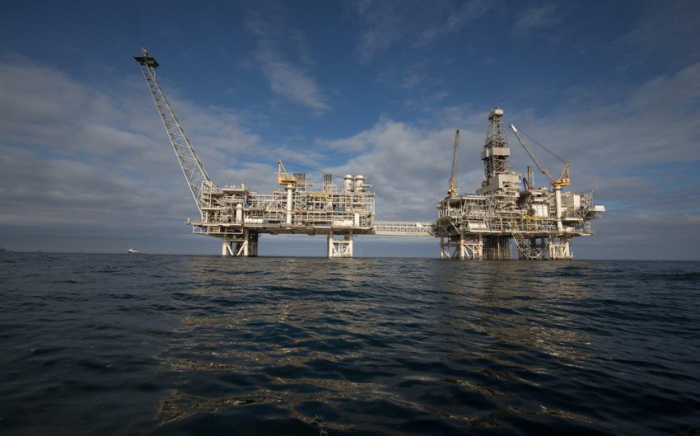AzVision.az reports citing the international rating agency S&P Global Ratings that, unlike oil, the prospects for the gas sector in Azerbaijan are more favorable.
Production at the new Shah Deniz 2 gas field began in 2018, and two connected pipelines - the Trans-Anatolian Gas Pipeline and the Trans-Adriatic Gas Pipeline, which carry gas to Türkiye and Europe, respectively, were commissioned in 2019 and 2020, the agency said. It noted that, according to its estimates, Azerbaijan's gas production increased by 90% to 34 bcm between 2017 and 2022. However, even with this recent increase in production, the agency expects the gas exports to play a relatively modest role in the Azerbaijani economy compared to oil and is unlikely to fully offset the decline in oil production.
According to the agency, European gas prices have fallen significantly from the highs seen in the second half of 2022 and have recently fallen below levels seen just before the outbreak of the Russo-Ukrainian war.
According to S&P analysts, the key South Caucasus gas pipeline is operating at near full capacity, so any additional net gas exports in the future, including to Europe, will require further expansion of the pipeline infrastructure.
Azerbaijan remains a member of the OPEC+ group of countries and is therefore subject to the latest crude oil production quota of 0.55 million barrels per day for 202, the agency said.
It added however that actual crude oil production (with the exception of liquefied natural gas, which is not subject to the quota OPEC+) has so far averaged around 0.52 million barrels per day in 2023 due to structural production constraints.
More about:
















































